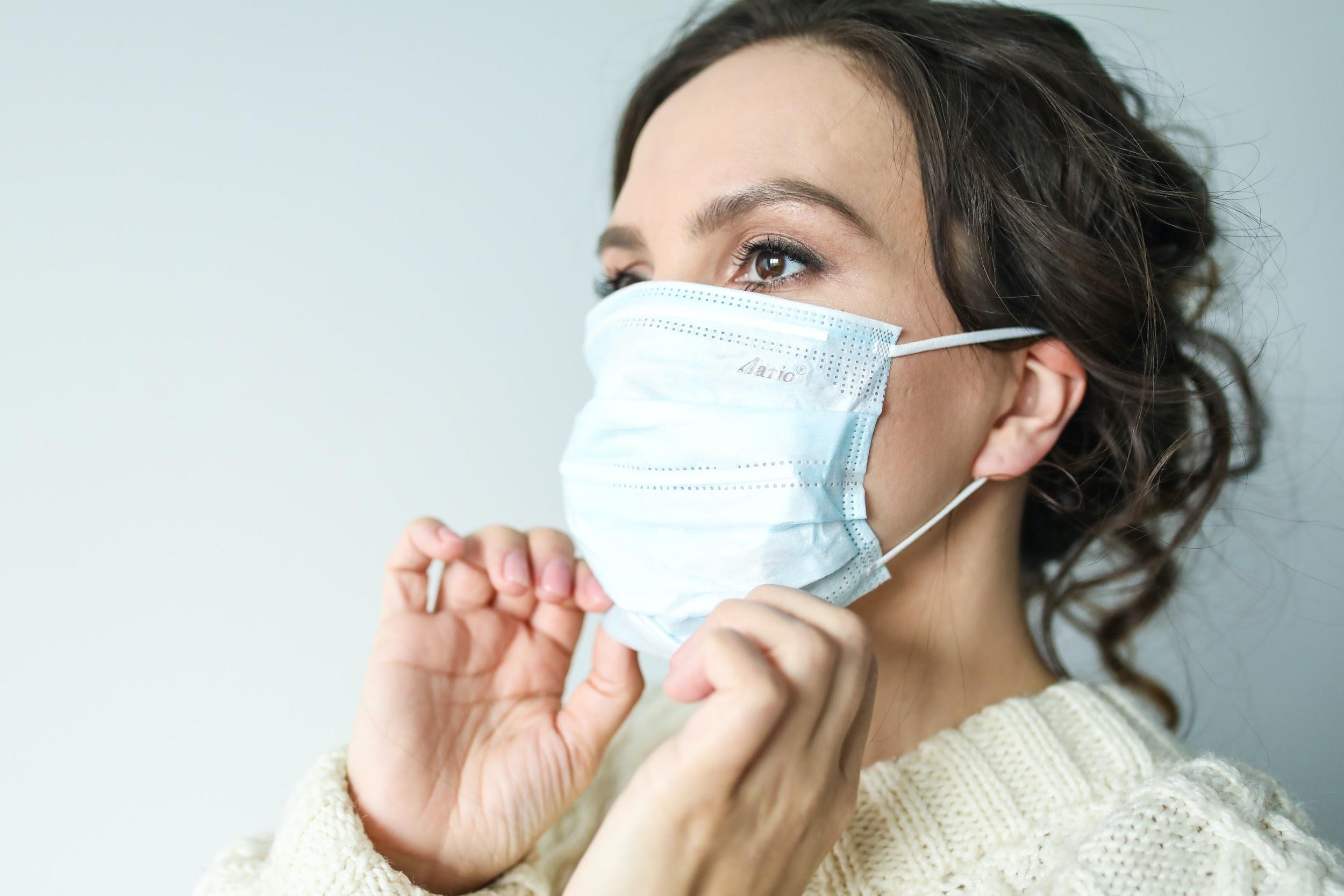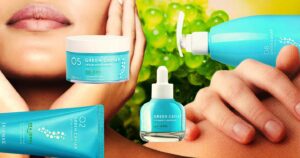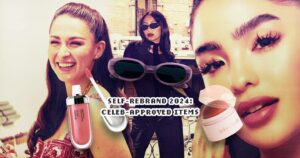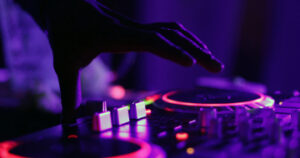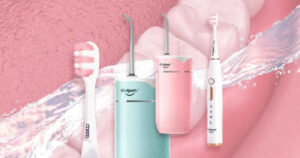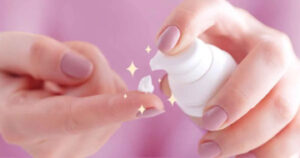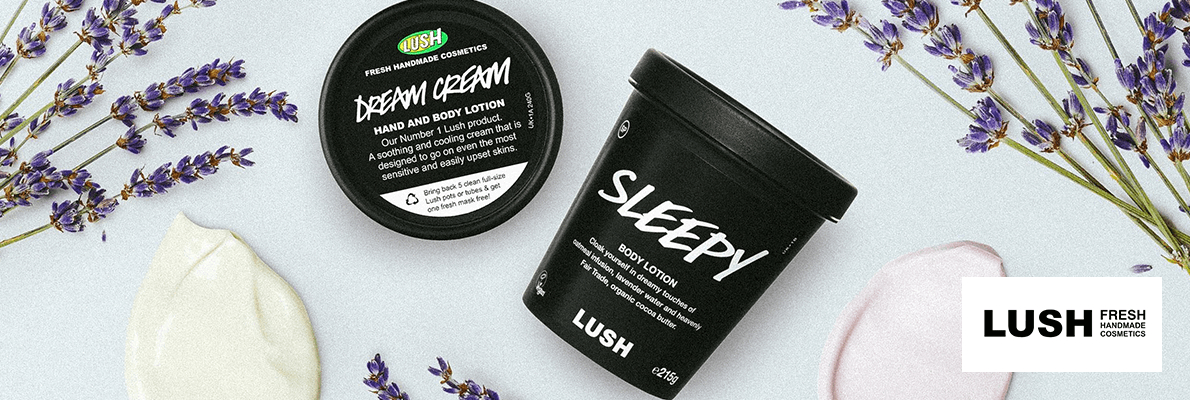Yes, maskne is a real thing!

During the isolation period, many people have expected to achieve a clearer complexion as a result of just staying at home and not using makeup products frequently. Unfortunately, some of us are still seeing skin breakouts during the quarantine.
Even though you’re not doing your daily commute from office or school to home and back, there are a lot of factors that can cause your skin to breakout. For most people, stress can be a trigger for acne – especially now that the pandemic has caused unprecedented feelings of isolation, depression, anxiety, and other emotional stresses.
But aside from stress, there’s another culprit – face mask. This type of breakout is now commonly known as “maskne.” Experts say that wearing face covers can block and clog pores, and “create humidity to form a breeding ground for acne.”
Maskne is acne formed in parts of the face covered by the mask and areas where the mask touches the skin. This is due to friction, rubbing, or pressure. Face masks trap moisture, sweat, and dirt close to our skin, and this may result in acne, blackheads, and small bumps.
If you’re already experiencing maskne right now, don’t fret. There are steps that you can take to help prevent pimples. In a YouTube video, Dr. Dray, a dermatologist and YouTube content creator, shares some ways on how to avoid acne breakouts when wearing a mask. Check out her tips below:
Choose the right face mask
According to Dr. Dray, the skin barrier can become impaired as a result of friction from the cloth mask. The sweat trapped up underneath can irritate and lead to flares of acne.
“Certain fabrics can be very abrasive and irritating on the skin. So choose something that has a high thread count and is smooth. Something that feels comfortable on your skin,” she says.
When wearing a face mask, you want a material that creates as little friction as possible on your skin. Always examine the fabric when choosing a mask and avoid those types made with polyester or other rough fabrics. Face coverings made with woven cotton and polyester-spandex chiffon are your best bet because it is absorbent and it provides an effective filter for aerosol particles.
You also need to avoid reusing the same cloth mask over and over again. Wash it every after use with warm water and any detergent you’re used to using at home.
“Bacteria become trapped in the fabric and that bacteria can really, really aggravate your skin and set you up for a major acne flare,” Dr. Dray adds.
Simplify your skincare routine
We know you want to experiment with your skincare routine while at home, but introducing new products can make or break your skin.
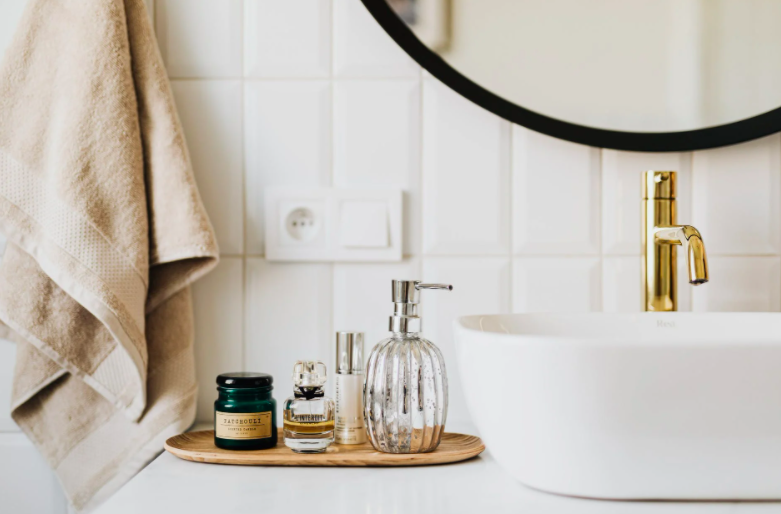
“Any skincare product has the potential to irritate your skin. And when you have irritation, that can kick off a flare of acne. If you put that new ingredient in an irritating environment, namely under a mask, you’re just begging for problems,” the YouTuber-dermatologist shares. “So I recommend not introducing any new products into your skincare routine, but really taking a step back from all the things that you might like to experiment with. This is not really a great time to be doing that.”
As much as possible, simplify your routine with facial wash, toner, and most especially, moisturizer. Applying moisturizer to your face day and night can help strengthen your skin barrier. Dr. Dray also recommends using a product that is fragrance-free and without irritating ingredients like essential oils and menthol.
For your lips, use petroleum jelly every night to aid the skin barrier on the lips recover from being under the mask all day long.
Ditch makeup products
Wearing makeup is a coping strategy for people to feel a sense of normalcy during this tough time. But if you’re going to put makeup on, dermatologists suggest, don’t apply it under the mask.

Beauty products like foundations and concealers can significantly affect your skin’s sebum production that will lead to clogged pores. Makeup mixed with sweat also causes acne flare.
“When it [makeup] mixes with your sweat, it can be very irritating and that can trigger a flare of acne and a pimple formation. They’re going to heat up and inevitably, some of it’s going to get on the skin. Makeup can have fragrance and dyes, obviously, that can also trickle over to the surrounding skin,” Dr. Dray says.
If you really need to wear makeup, we recommend using non-comedogenic cosmetics and lighter foundation, preferably mineral-based variants to prevent clogged pores.
Watch Dr. Dray’s video below to know more about how you can take care of your skin when wearing a mask: \
